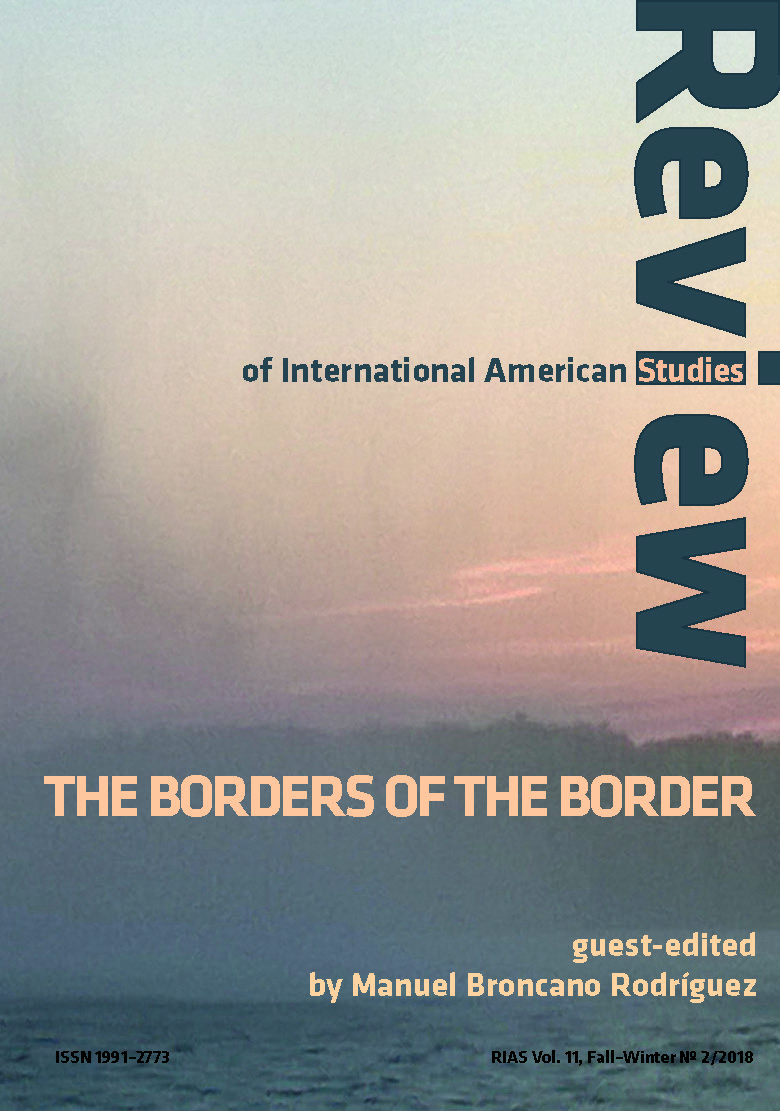THE NEW SCHOOL FOR SOCIAL RESEARCH AS A PATRON OF EUROPEAN SCHOLARS
THE NEW SCHOOL FOR SOCIAL RESEARCH AS A PATRON OF EUROPEAN SCHOLARS
Author(s): Antonio Daniel Juan Rubio, Isabel María García ConesaSubject(s): Social Sciences, Language and Literature Studies, Sociology, Higher Education , Applied Sociology
Published by: Wydawnictwo Uniwersytetu Śląskiego
Keywords: European scholars; patronage; rescue program; interdisciplinary pursuits
Summary/Abstract: The New School for Social Research was founded as an institution where intellectuals and artists could openly exchange ideas and theories, free from censure or political pressure. The school’s founders believed that in a world engulfed by political turmoil and modern warfare, the free exchange of different ideas regarding politics, aesthetics and other intellectual pursuits was key to ensuring a just and sane world. Since its inception, The New School has maintained close ties with European ideas and philosophies of Rousseau, Kant, Goethe, Hegel, Marx, Nietzsche, and Freud, among many others. Sensing a dire need to provide safe haven for many of Europe’s scholars and intellectuals, Alvin Johnson established a new graduate department in 1933 (coinciding with Hitler’s appointment to German Chancellor), called the University in Exile. with the financial assistance of the Rockefeller Foundation and other philanthropy groups, the University in Exile was founded as a new graduate division within The New School and, more importantly, as a rescue program. Nearly two hundred European scholars and professors received visas and teaching jobs in the US from the University in Exile. While many of them taught at The New School, there was never any stipulation from the University in Exile that they were required to do so. Alvin Johnson’s main goal was simply to get people out of harm’s way.
Journal: Review of International American Studies
- Issue Year: 11/2018
- Issue No: 2
- Page Range: 95-111
- Page Count: 17
- Language: English

